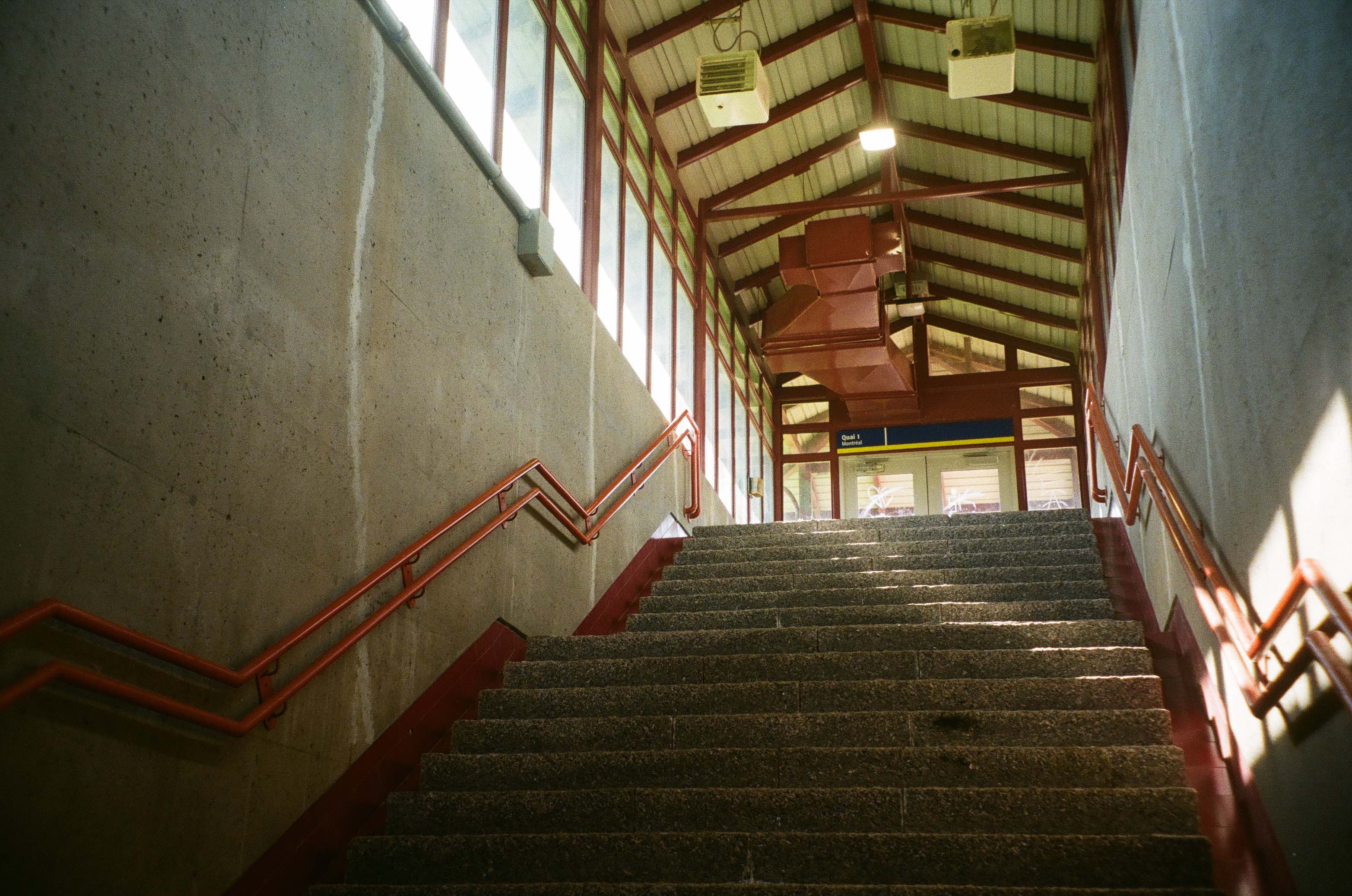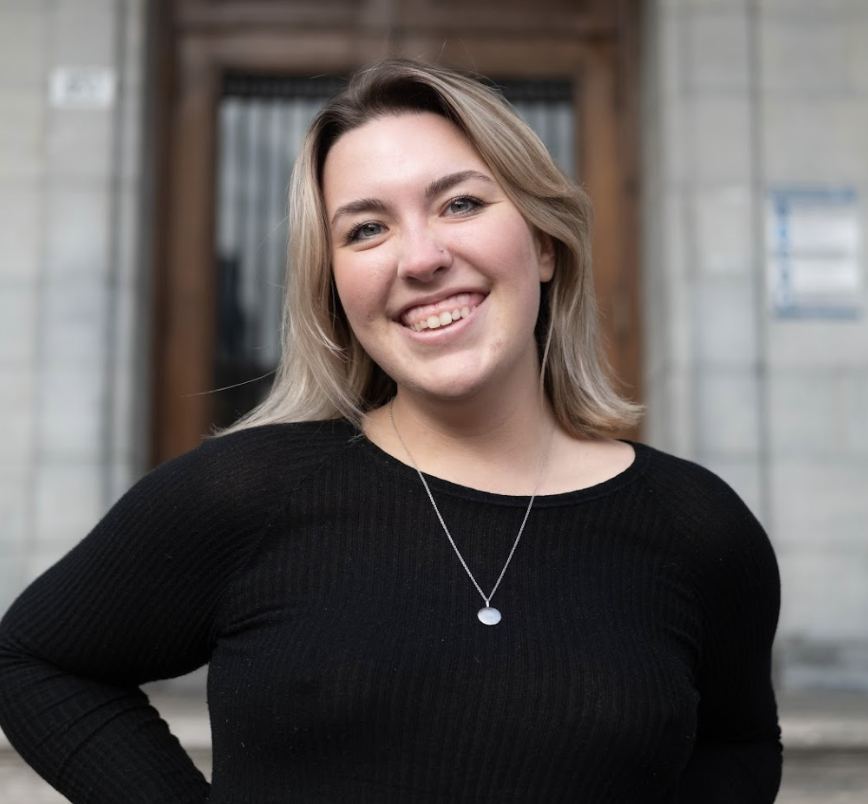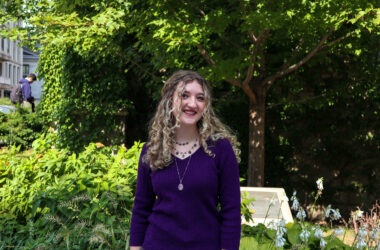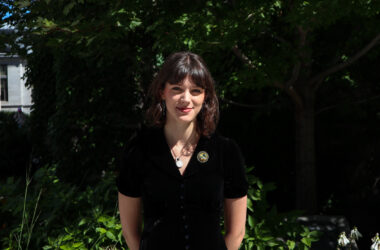Like many other students at McGill, I’ve lived in Montreal my whole life. In fact, I haven’t left my West Island suburb for more than a few weeks at a time since my last year of elementary school. Before the pandemic struck the city in March, I would spend at least three hours every day taking the train to and from McGill, as would other commuter students.
For the bulk of the first two years of my degree, this commute was the most obvious manifestation of my frustration with the fact that I stayed in Montreal for school. I was jealous watching students from outside Montreal make new friends, explore a new city, and make what seemed like quintessential university memories. Living at home, I’ve always felt like I’ve missed out on these experiences. While I recognize that being a Quebec student has its financial perks and privileges, I often felt like I was missing out on a stereotypical “university experience.”
There is a lot of pressure on students’ first year to be characterized by total independence, living with friends, and partying. I assume that a lot of this stems from the media we consume when leading up to starting university, which tends to paint college as a universally transformative and thrilling experience. So, when I got to McGill and experienced something that did not fulfill my expectations, I felt resentful. University can be isolating at the best of times, and my sense of isolation was made worse by being a commuter.
The COVID-19 pandemic has put students’ lives on pause, but for good reason. In a way, this pause has exacerbated the feeling that any hope of the university experience I once pictured is now nearly out of the question. But on the other hand, it has allowed me to reflect on how things may still be different when life goes back to “normal,” whatever that may look like.
In retrospect, I realized that I have taken many aspects of living in the same city my whole life for granted. Having never experienced a period of major change, you start to assume—even if subconsciously—that things will always remain the same. However, I have one year left until I graduate and will move on from McGill before I know it, likely leaving most of what I have ever known behind.
This is not only true for me. My three best friends, whom I’ve known since high school, are also all nearing graduation. When we all do, we’ll be separated for the first time, with most of us planning on moving to different places for graduate school. This realization really struck me during the pandemic, especially when we had to spend so much time apart in the spring. Missing their company made me realize that they have made my high school, CEGEP, and university experiences what they are and that I began to wish things won’t have to change.
As young people, it can be easy to wish away formative periods in our lives, thinking that things would fall into place if one factor were different. But if the pandemic has taught me anything, it’s that life will not always work out how you may have pictured it—and that that’s not always a bad thing. Rather than being frustrated with what I may have lost out on due to the pandemic, or spending my time wishing I could time-travel forward, I am trying my hardest to see this as an opportunity to cherish my newfound appreciation for my own unique university experience.
Now, I hope more than anything that I can meet my friends on the train at 7:00 a.m. again before the end of our degrees. While I might still complain, I’ll be more grateful than ever for the time that I do get to spend with them.








